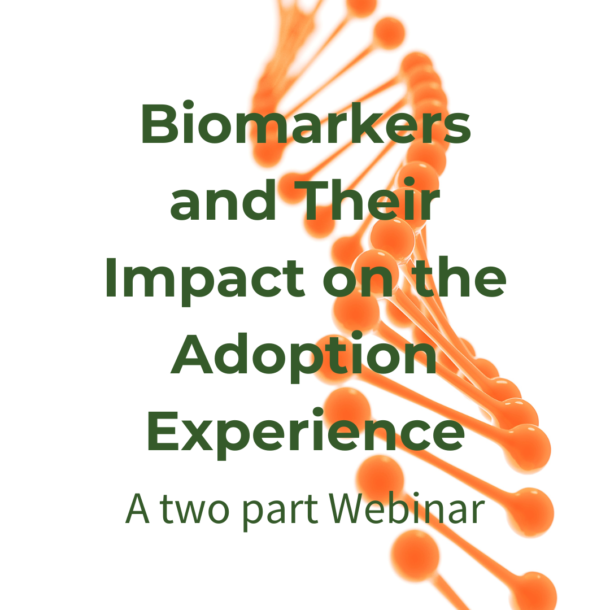 As we continue to explore the importance of fathers in our lives, we came across this TED Talk link to Andrew Solomon’s presentation. A gay man, he shared his parents’ attitude to his “otherness.” While they came to accept his being gay, they hung onto their sense of loss, because they saw him as not “normal.”His parents’ judgment confounded Solomon. It was clear that they did not see him as “normal.” Solomon wondered, why couldn’t they realize that his difference meant he was not abnormal, but extraordinary?
As we continue to explore the importance of fathers in our lives, we came across this TED Talk link to Andrew Solomon’s presentation. A gay man, he shared his parents’ attitude to his “otherness.” While they came to accept his being gay, they hung onto their sense of loss, because they saw him as not “normal.”His parents’ judgment confounded Solomon. It was clear that they did not see him as “normal.” Solomon wondered, why couldn’t they realize that his difference meant he was not abnormal, but extraordinary?
That’s a powerful shift in perspective for parent and child—one which benefits both of them profoundly.
As adoptive parents, we frequently confront family life that veers off the path of our expectations. We must redraw our templates to include the actuality of the real children we parent. When we let go of our fantasy children and truly embrace the children in our lives, we validate them. We free them to be who they truly are and release them from the need to be a hollow charade of our expectations. This is unconditional love. We restate every day when we make the choice to relinquish the old expectations as well as the yearning that our kids (and ourselves,) had a more traditional (easier) family journey.
Solomon quotes the words of “Jim Sinclair, a prominent autism activist … “When parents say ‘I wish my child did not have autism,’ what they’re really saying is ‘I wish the child I have did not exist and I had a different, non-autistic child instead.’ Read that again. This is what we hear when you pray for a cure–that your fondest wish for us is that someday we will cease to be and strangers you can love will move in behind our faces.” It’s a very extreme point of view, but it points to the reality that people engage with the life they have and they don’t want to be cured or changed or eliminated. They want to be whoever it is that they’ve come to be.”
How often have you felt “less than” in your life? Remember the shame of not measuring up to parental expectations? How intentional are you in avoiding this painful interaction with your children? In what way are you telegraphing expectations to your child. Are they based authentically on the child’s capabilities and identity?
How are you encouraging them to be their best selves, without sending any messages that they must shape themselves according to specifications of an ideal, fantasy child.
Check out Solomon’s entire talk by using this link. http://www.ted.com/talks/andrew_solomon_love_no_matter_what.html?source=facebook#.UbYlcTndiER.facebook



When we first adopted our children, I thought that since they were living in our environment, they would grow up to be just like us. How wrong i was & how grateful i am that I was!! My children have taught me so much & i have been very blessed to have them in my life. They have taught me that acceptance is so much more important and powerful than expectations. I am a better person because I now can expand my perception & discern life in its entirety & not from my limited worldview. For me, this is the definition of true compassion, expanding out of what I initially expected to what truly “is”
I have learned over the years how my expectations for my self and our children have become barriers or stumbling blocks to having an authentic and accepting relationship. As I let go and accept people for who they are, I am much more open and aware of their greatness. I have learned so much from my wonderful children adn thank God for them every day.
This is such a powerful message.
People, our children, want to engage with us as how they be — appreciated for the gifts and talents they have rather than the want the parents’ might envision. For adoptive parents, this might be a wonderful area for growth. Learning to appreciate who and what someone is, their innate attributes that they hold within, both the good and the not so good, is part of a deeper connection of being in relationship. While we might agree on this precept, where we get into “trouble” is holding onto our expectations of how it should be! How can we encourage, as you suggest, without the expectations? Great subject for continued reflection!